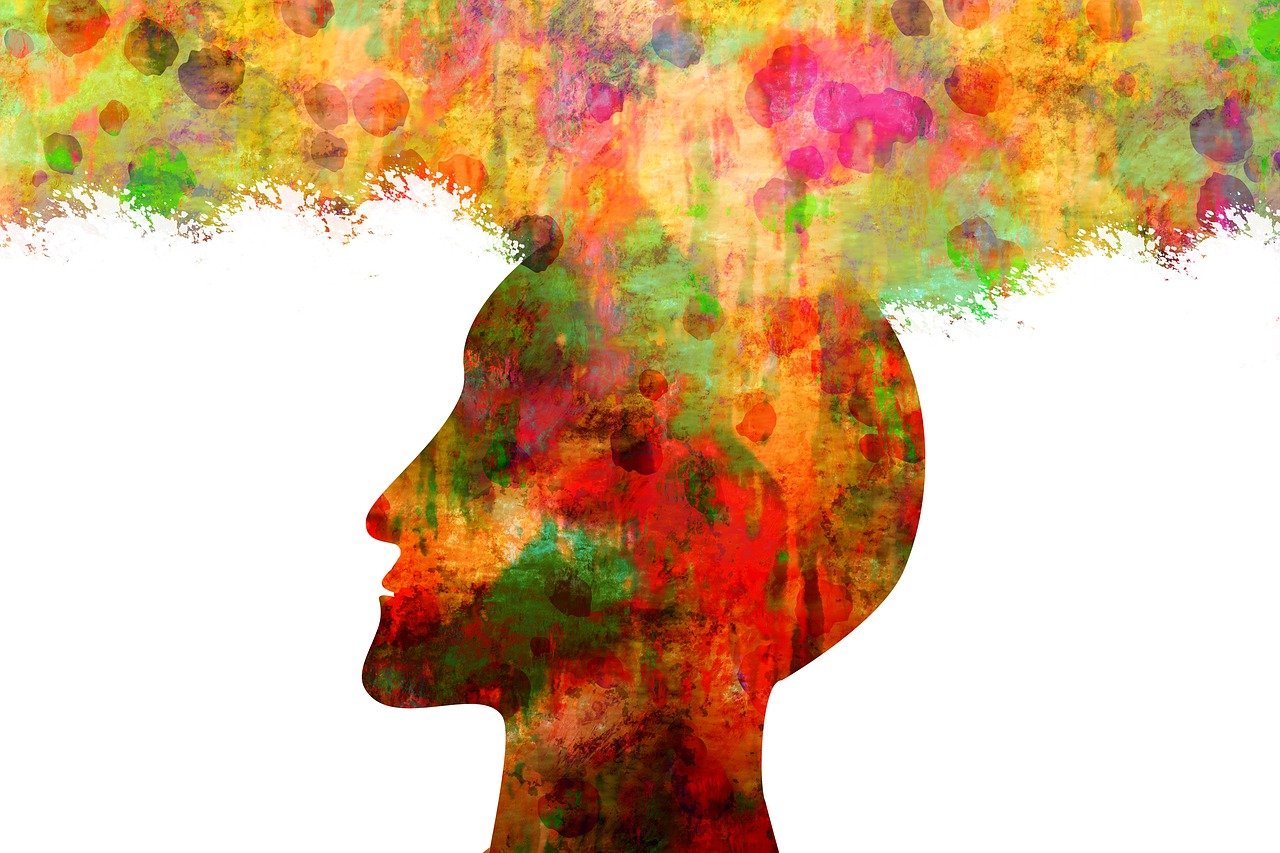
Psychology is the study of the human mind and is often regarded as one of the most complex sciences in the world.
As a dynamic field, psychology offers various benefits when understanding how the mind works. Whether understanding the basics of the mind or studying its reactions to different stimuli, psychology can help you learn how the brain interprets different things in life.
Psychology also encompasses navigating complex social situations and dealing with negative mental ailments like stress and anxiety.
In this article, we will discuss the impact of psychology on the human mind and how you can use psychology to improve your mental health and well-being.
Table of Contents
The Importance of Psychology
Psychology is a vast field with many different specializations. Organizational psychology covers employee behavior and leadership manners, whereas child psychology deals with children’s mental functioning and thought processes.
You can learn a lot from psychology without opting for a career as a psychologist. From stress management techniques to positive thinking, psychological practices such as Cognitive Behavioural Therapy (CBT) can equip you with the tools to improve your emotional intelligence and mental health.
But, if you’re looking to make a career in the field must obtain a professional qualification, such as an online applied psychology degree in your specialization of choice.
The Impact of Psychology on the Human Mind
Since psychology helps us understand our minds, as well as the minds of those around us, let’s look at how psychology impacts the human mind.
1. Mindfulness
In simple terms, mindfulness in psychology is the practice of being present. That means being fully aware of and attentive to your situation. In psychology, mindfulness is one of the most effective tools for combating negative thinking.
Most people who struggle with mental health tend to disassociate from the present and fall into the void of bad memories and experiences. By practicing mindfulness, you can break away from this pattern of negative thoughts and stay grounded in reality.
Psychology teaches mindfulness in three steps, intention, attention, and attitude. Those within a downward spiral throughout these three steps should pause and reset their thoughts.
Mindfulness is a simple tool that requires regular practice and commitment. It is a commonly used mental exercise taught in yoga as well. By mastering mindfulness, you can train your mind to stay in the present and fight off negative thoughts and memories.
2. Stress Management
Stress is one of the most common mental health problems in America today. The fast-paced life of today has created an environment where stress thrives.
According to a psychological study conducted a few years ago, a high school student has the same level of anxiety and stress as a 1950s institutionalized mental patient. Today, over 70% of Americans report feeling some level of stress in their everyday lives.
Stress is extremely dangerous for mental as well as physical health. There have been reported instances of people suffering from fatal ailments onset by stress. Many psychologists focus on developing stress management techniques that anyone can learn and practice in their daily life.
From simple breathing exercises to learning how to channel stress into a hobby, learning stress management techniques can do wonders for your mental well-being.
3. Empathy
A social skill of great value, empathy, can be learned through psychological study. Most of us are stuck in a narcissistic thought process where everyone and everything revolves around us.
How? It can be said that we consider ourselves as the main character of a movie, while our friends, family, acquaintances, and everyone else are just supporting cast members. Psychological study and tools help us see beyond ourselves.
Empathy has two aspects, cognitive empathy and emotional empathy. While emotional empathy is similar to compassion in that it involves feeling another’s pain and troubles as your own. Cognitive empathy, on the other hand, pertains to understanding another person’s emotions and feelings. It is like being able to piece together the human brain puzzle. By studying psychological theories of empathy, the human mind can learn to be more empathetic.
4. Brain Functioning
The human brain is the most complex puzzle in the world. Learning tools and techniques to decipher this puzzle can help you understand exactly how the brain functions.
Psychological practices are largely based on analytical reasoning, deduction, and critical thinking. As you sharpen these skills, you improve your logical reasoning and problem-solving abilities.
In addition, psychological study can also help you improve memory and focus. All of these significantly impact your brain functioning and mental health. With improved mental functioning, you will be sharper, faster, better at tackling problems, and less prone to neurological illnesses.
5. Interpersonal Skills
Relationships are like a game of chess. Each move you make has to be carefully calculated after considering the intention and actions of the other player. The same formula can be applied to successful relationships.
Every person you are socially connected to has a different personality and a distinct way of thinking. Everyone handles conflicts, shows appreciation, and needs support differently, to fulfill their emotional needs.
Psychological techniques train your mind to understand the behavior and thoughts of others. By understanding what the person needs from you emotionally, you can be a better friend, partner, and colleague.
Final Words
Learning psychology can have a huge impact on the human mind. It can make you more intelligent, emotionally adjusted, and socially present.
By taking control of your mind and being able to understand the minds of others, you can live a happier and more meaningful life.
Successful relationships rely on mutual understanding and emotional connections; to establish those, we must study how we perceive things. Life is more about how we live it and more about how we take it.
We hope you learned something from this article; if we missed something, please tell us in the comments below.

